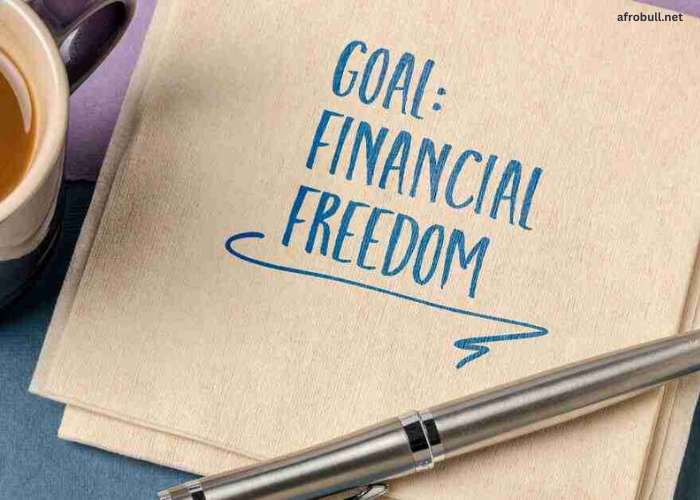Achieving financial freedom is a goal many aspire to, but it often feels out of reach without proper planning. At the heart of this journey lies effective budgeting—a tool that empowers you to take control of your finances, reduce debt, and build wealth. Here are some practical tips to create a budget that works for you.
1. Understand Your Income and Expenses
The first step in effective budgeting is gaining a clear picture of your financial situation. Start by:
- Calculating your total monthly income, including salary, side hustles, and passive income sources.
- Listing all your fixed and variable expenses, such as rent, utilities, groceries, transportation, and entertainment.
- Tracking your spending for a few months to identify patterns and areas for improvement.
2. Set Realistic Financial Goals
Having clear, achievable goals can give your budgeting purpose and direction. Your goals might include:
- Building an emergency fund.
- Paying off credit card debt.
- Saving for a down payment on a home.
- Investing for retirement. Break these goals into short-term, medium-term, and long-term objectives to stay motivated and focused.
3. Use the 50/30/20 Rule
A popular framework for budgeting is the 50/30/20 rule:
- Allocate 50% of your income to needs like housing, utilities, and groceries.
- Reserve 30% for wants, such as dining out, hobbies, and travel.
- Dedicate 20% to savings and debt repayment. This simple structure helps maintain balance while ensuring you prioritize financial security.
4. Automate Your Savings
Automating your savings ensures you consistently set money aside without having to think about it. Consider:
- Setting up direct deposits into a separate savings account.
- Using apps or financial tools that round up purchases and save the difference.
- Scheduling automatic transfers to retirement or investment accounts.
5. Cut Unnecessary Expenses
Reducing discretionary spending can free up funds for your financial goals. To identify areas to cut back:
- Cancel unused subscriptions or memberships.
- Opt for generic brands instead of name brands.
- Cook at home instead of eating out frequently. Small changes can add up to significant savings over time.
6. Plan for Irregular Expenses
Irregular or seasonal expenses, such as holiday gifts or car maintenance, can disrupt your budget if not accounted for. To prepare:
- Create a sinking fund by setting aside a small amount each month.
- Keep a calendar of upcoming expenses to avoid surprises.
7. Review and Adjust Your Budget Regularly
A budget isn’t a one-and-done document; it’s a living plan. Regularly review your budget to:
- Assess whether you’re meeting your goals.
- Adjust for changes in income or expenses.
- Celebrate milestones and accomplishments to stay motivated.
8. Avoid Lifestyle Inflation
As your income increases, it’s tempting to upgrade your lifestyle. However, this can hinder progress toward financial freedom. To avoid lifestyle inflation:
- Maintain your current spending habits while directing additional income to savings or investments.
- Focus on what truly brings value and happiness.
9. Invest in Financial Literacy
Understanding how money works can improve your ability to make informed financial decisions. Consider:
- Reading books or taking courses on personal finance.
- Consulting with a financial advisor.
- Joining online communities for budgeting and investing advice.
10. Celebrate Your Progress
Achieving financial milestones, no matter how small, is worth celebrating. Acknowledge your efforts and reward yourself in ways that align with your budget and values.
Conclusion
Effective budgeting is a powerful tool that can help you achieve financial freedom and peace of mind. By understanding your income and expenses, setting clear goals, and regularly reviewing your plan, you can take control of your financial future. Start today, and watch your efforts lead to lasting results.

